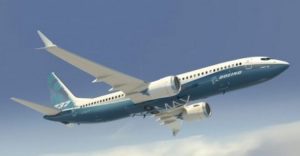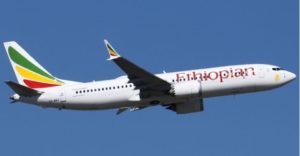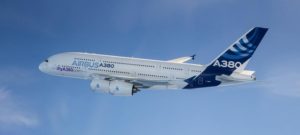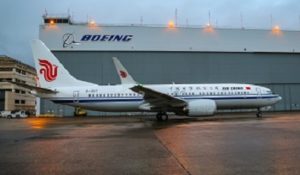IATA : A Global mindset for commercial aviation’s next century
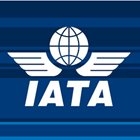
Doha – The International Air Transport Association (IATA) called for airlines, governments, and industry stakeholders to guide the development of the commercial airline industry into its next century with a global mindset and based on a foundation of global standards.
“The key to unlocking aviation’s future potential is a global mindset supported by strong partnerships. Aviation connects people and business to make “global” possible. Securing aviation’s future begins with some immediate challenges. Airlines must be profitable, safe and secure businesses. We need to provide efficient, customer-focused services. And sustainability must be integral to everything that we do,” said Tony Tyler, IATA’s Director General and CEO.
Tyler’s comments were made in his State of the Industry address to the 70th IATA Annual General Meeting and World Air Transport Summit in Doha, Qatar. The meeting takes place as the industry commemorates the 100th anniversary of scheduled commercial flight.
“Scheduled commercial aviation began with a single passenger on a 23-minute journey across Tampa Bay, Florida on 1 January 1914. Since then, aviation has changed the world immeasurably for the better. This year, airlines will connect 3.3 billion people and 52 million tonnes of cargo over 50,000 routes, supporting 58 million jobs and delivering goods with a value of $6.8 trillion. In a team effort of committed partners, aviation literally moves the global economy. And by working together with a global mindset, there is enormous potential still to be achieved,” said Tyler.
In his keynote address, Tyler discussed several challenges that industry and government partners face as commercial aviation begins its second century.
“Our financial performance does not yet match the value that we deliver. Airlines are expected to achieve a global net profit of $18 billion in 2014. That’s a net profit margin of just 2.4%, or less than $6 per passenger carried,” said Tyler.
Tyler reiterated the industry’s commitment to working together and with governments in the constant pursuit of improved safety. That commitment is bearing results in aviation’s safety record. In 2013 there were 29 million flights with Western-built jet aircraft and only 12 hull losses. “Flying is incredibly safe. And we are determined to make it safer,” said Tyler.
IATA is partnering with the Airports Council International (ACI) and others to change this. The goal of the Smart Security program is to improve effectiveness, efficiency, and the passenger experience.
Tyler noted that the aviation industry can better fulfil its potential if governments regulated it with a long-term view, aided by global standards and focused on taking the best advantage of aviation’s role as a global economic catalyst. “If we can establish this global mindset approach with all our government partners, we will be on solid footing for aviation’s second century,” said Tyler.
The last twelve months have seen landmark advances in the industry’s sustainability agenda. In 2013, IATA’s 69th Annual General Meeting resolved to ask governments for a mandatory carbon offset scheme as the preferred global market-based measure to assist in meeting the industry’s commitment to carbon-neutral growth from 2020. At the 38th ICAO Assembly, governments agreed to develop a proposal for such a measure by 2016.
“A global mindset allowed us to take an industry-wide approach to sustainability. That has put aviation at the forefront of industries in managing its environmental impact. Airlines will support ICAO in the challenge of turning the Assembly’s laudable intention into a more specific agreement on an actual mechanism. A global mandatory carbon offset scheme is just one transitional element of our strategy. The ultimate goal is to achieve sustainability by reducing carbon emissions through improvements in technology, operations, and infrastructure,” said Tyler.
IATA (International Air Transport Association) represents some 240 airlines comprising 84% of global air traffic.
More news at www.iata.org/agm-news
June 3 ,2014


